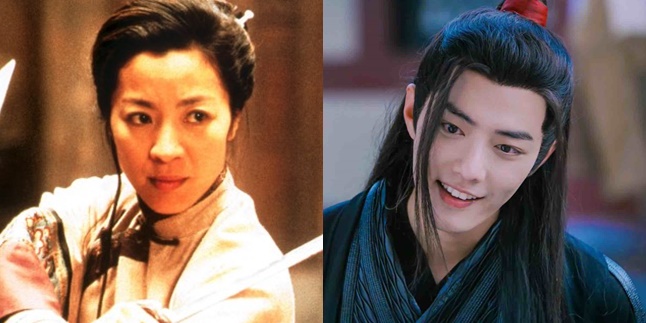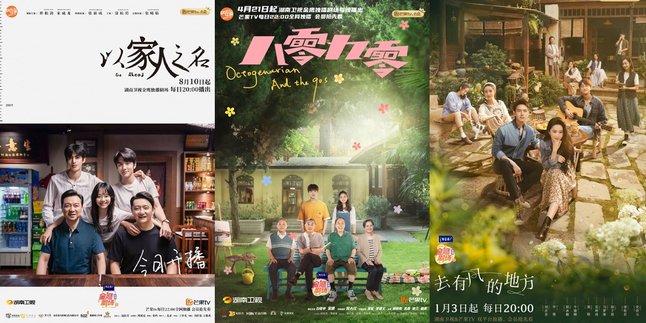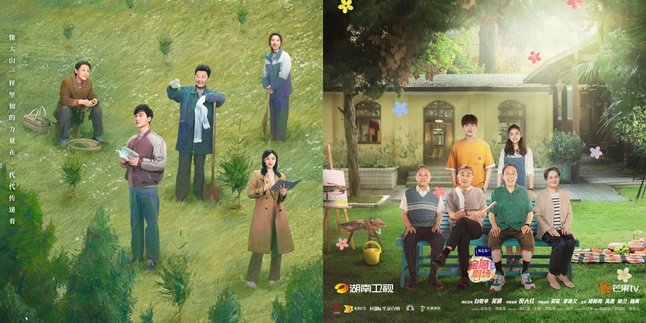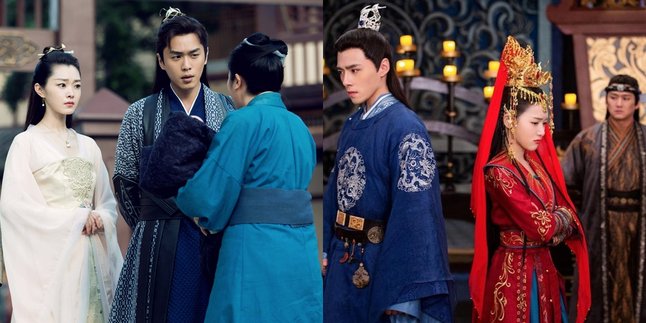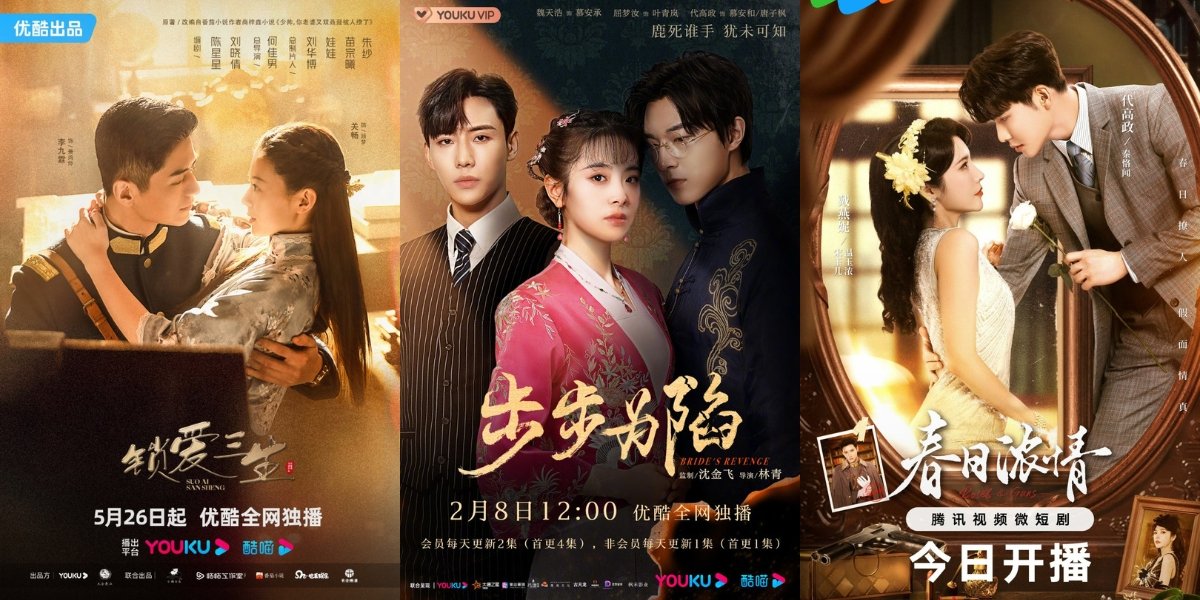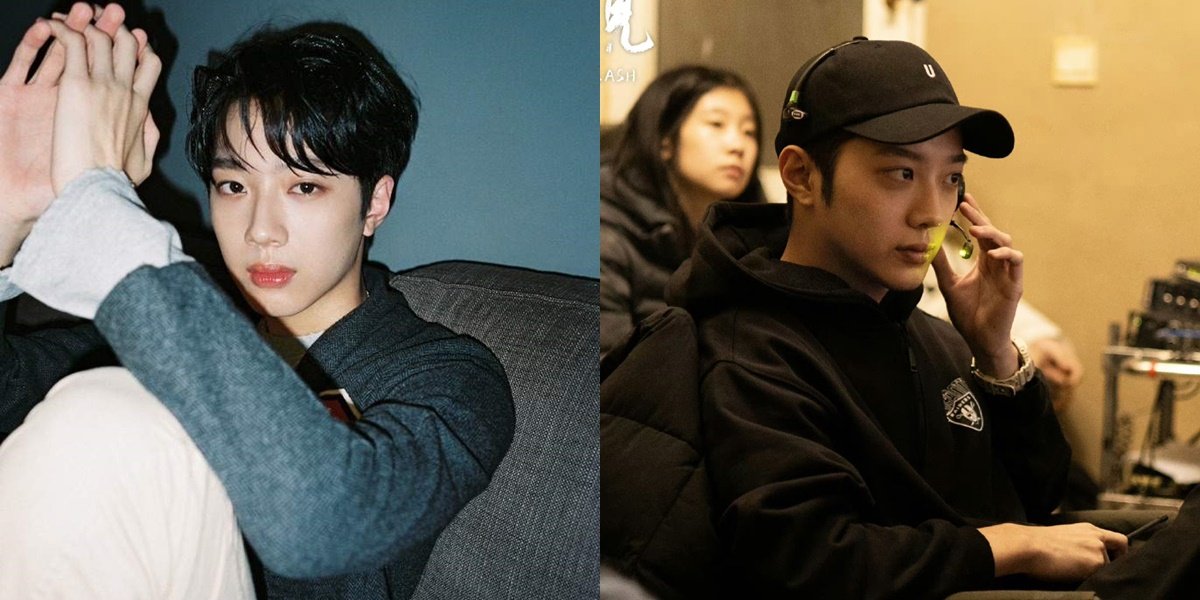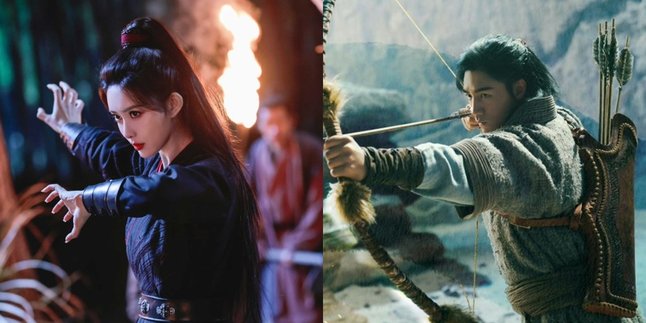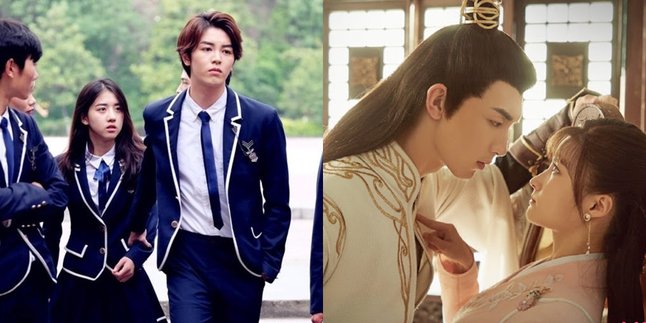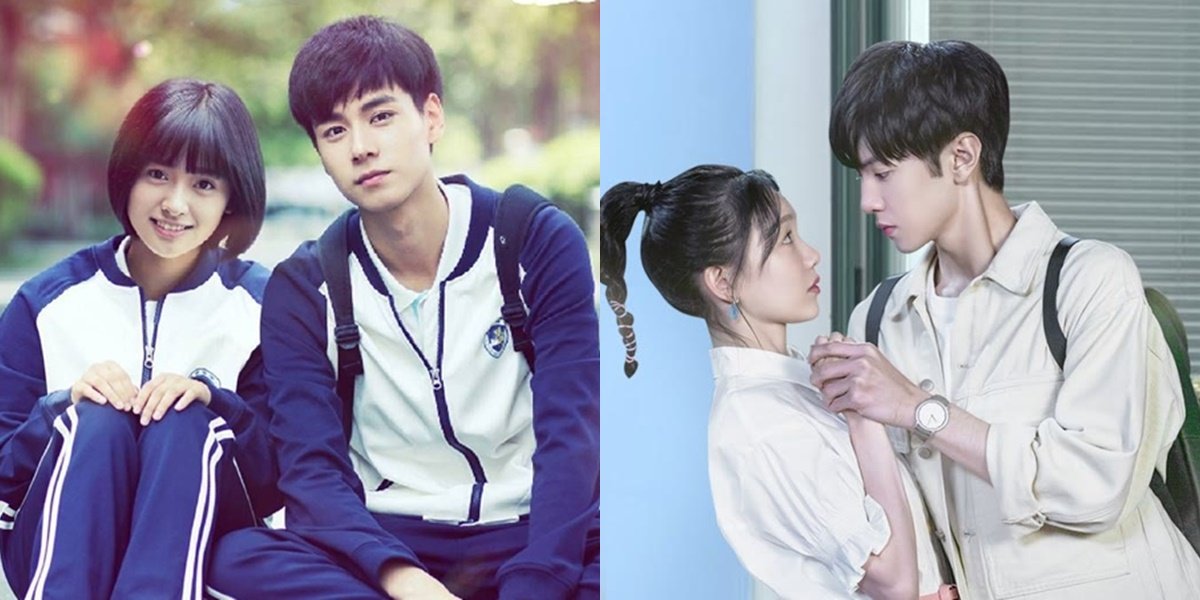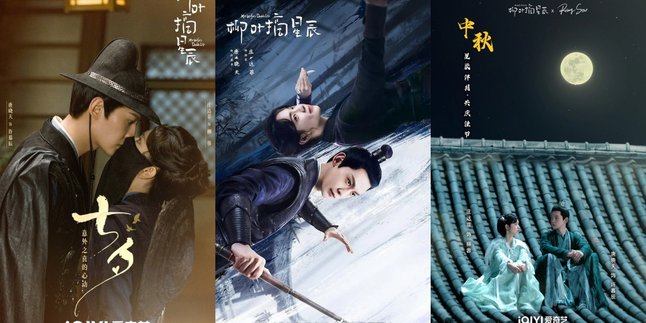Kapanlagi.com - Fans of Chinese costume dramas (epics) must have often heard about wuxia, xianxia, and xuanhuan. Wuxia, Xianxia, and Xuanhuan are three popular fiction genres in Chinese literature that are often found in novels, films, and television dramas. Although they share some similarities, each has its own unique characteristics and elements.
Wuxia, Xianxia, and Xuanhuan are genres that enrich Chinese literature and entertainment with heroic and fantastical stories. Each genre offers a unique perspective on heroism, adventure, and the fantasy world, captivating audiences with their respective allure and uniqueness.
Here is a detailed explanation of the differences between the three:
1. Wuxia
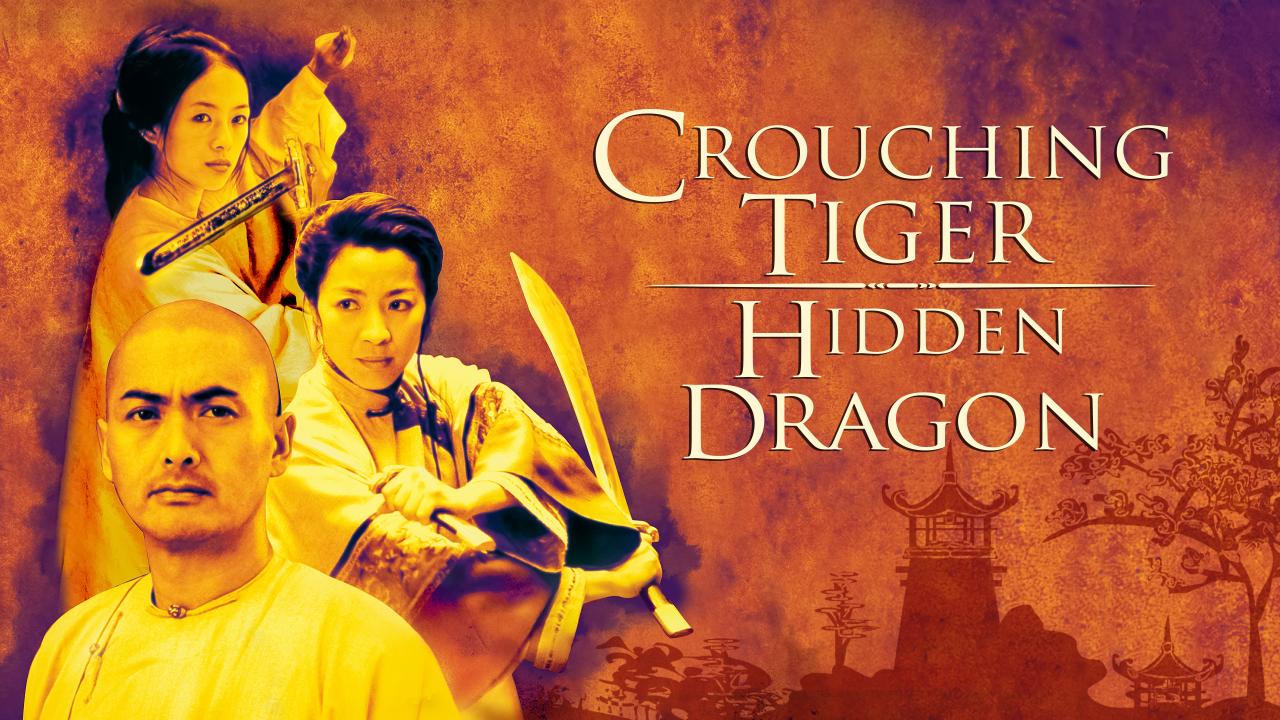
Crouching Tiger Hidden Dragon (credit: HBO)
Definition and Origin
- Meaning: "Wuxia" means "martial hero". This genre combines "wu" which means martial arts or war, and "xia" which means hero or knight.
- Origin: Originated from Chinese folk tales and classical legends, as well as novels from the Ming and Qing Dynasties. Famous authors include Jin Yong and Gu Long.
Themes and Characteristics
- Xia Heroes: The main characters are heroes who master martial arts and wander to uphold justice.
- Moral Values: Focus on moral values such as justice, loyalty, honor, and sacrifice.
- Realistic Setting: Set in ancient China with realistic environments, although there are fantastic elements such as extraordinary martial arts techniques.
- Martial Arts Techniques: Martial arts skills that are almost supernatural but still believed to be extreme human skills.
Example Works
- Novelists: Jin Yong ("The Legend of the Condor Heroes"), Gu Long ("Sentimental Swordsman, Ruthless Sword").
- Film/Drama: "Crouching Tiger, Hidden Dragon," "The Heaven Sword and Dragon Saber."
2. Xianxia
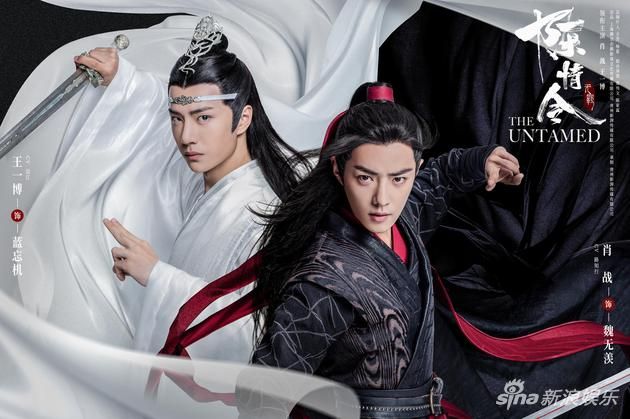
The Untamed (credit: Sina Weibo)
Definition and Origin
- Meaning: "Xianxia" means "immortal hero". This genre combines "xian", which means god or immortal being, and "xia", which means hero or knight.
- Origin: Rooted in Taoism, Chinese mythology, and modern fantasy novels. Popular in the digital era with many online novels.
Themes and Characteristics
- Cultivator Heroes: The main characters are cultivators who strive to achieve immortality through spiritual practice, martial arts, and mastery of magic.
- Fantastic Elements: Full of magical and supernatural elements, including gods, demons, spirits, and mythological creatures.
- Fantastic Setting: Set in a highly fantastical and miraculous world, different from the realistic setting of wuxia.
- Epic Conflict: Involves large-scale conflicts between good and evil forces, as well as the pursuit of divine or eternal power.
Examples of Works
- Novelists: I Eat Tomatoes ("Stellar Transformations"), Er Gen ("I Shall Seal the Heavens").
- Film/Drama: "The Untamed," "Eternal Love."
3. Xuanhuan
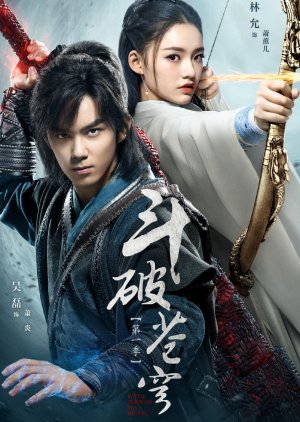
Fights Break Sphere (credit: Hunan TV)
Definition and Origin
- Meaning: "Xuanhuan" means "mysterious fantasy". This genre combines "xuan", which means mysterious or esoteric, and "huan", which means fantasy or illusion.
- Origin: More modern than wuxia and xianxia, it evolved from contemporary fantasy novels and science fiction. It became very popular in the digital era.
Themes and Characteristics
- Heroes and Fantastic Worlds: The main characters often have extraordinary powers and embark on adventures in fully fantastical worlds, which can combine elements from various cultures and mythologies.
- Cultural Fusion: Not limited to Chinese culture; it can incorporate elements from Western mythology, science fiction, and other fantasy elements.
- Supernatural and Magical Elements: It is rich in supernatural and magical elements, but different from xianxia in its broader use of cultural and mythological elements.
- Free Setting: The world in xuanhuan can be entirely created from imagination without being bound by a specific historical or cultural background.
Examples of Works
- Novelists: Tang Jia San Shao ("Douluo Dalu"), Tian Can Tu Dou ("Battle Through the Heavens").
- Film/Drama: "Fights Break Sphere," "Douluo Continent."
4. Main Comparison
- Theme and Values: Wuxia emphasizes moral values and historical realism, Xianxia focuses on the pursuit of immortality and strong magical elements, while Xuanhuan is a broader fantasy with a fusion of cultural and mythological elements.
- Setting: Wuxia is set in realistic ancient China, Xianxia is set in a magical world with Taoist elements, and Xuanhuan is set in a completely fantastical and free world.
- Technique and Power: Wuxia showcases extreme yet human martial arts, Xianxia has supernatural and magical powers related to spirituality, and Xuanhuan combines various magical and supernatural powers from different cultures.
(kpl/pit)
Disclaimer: This translation from Bahasa Indonesia to English has been generated by Artificial Intelligence.
